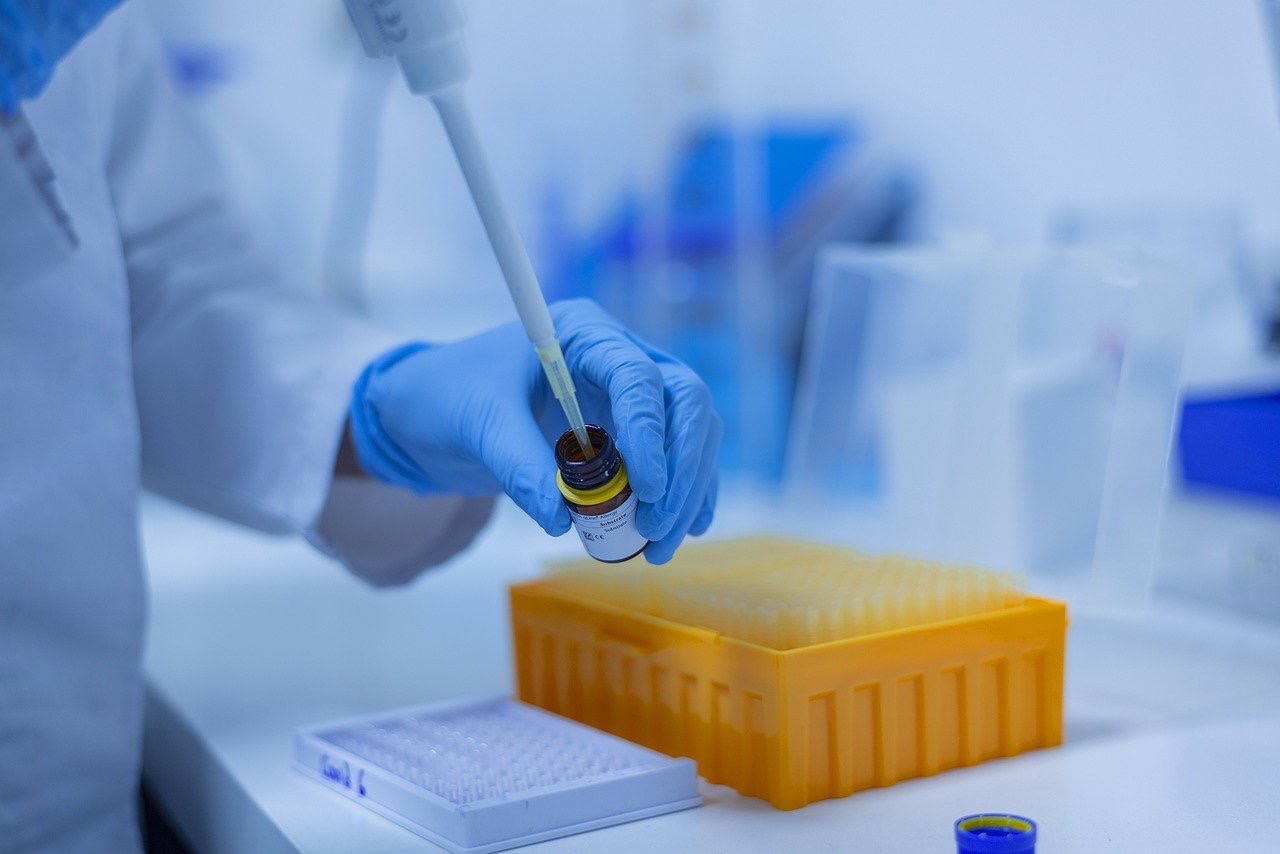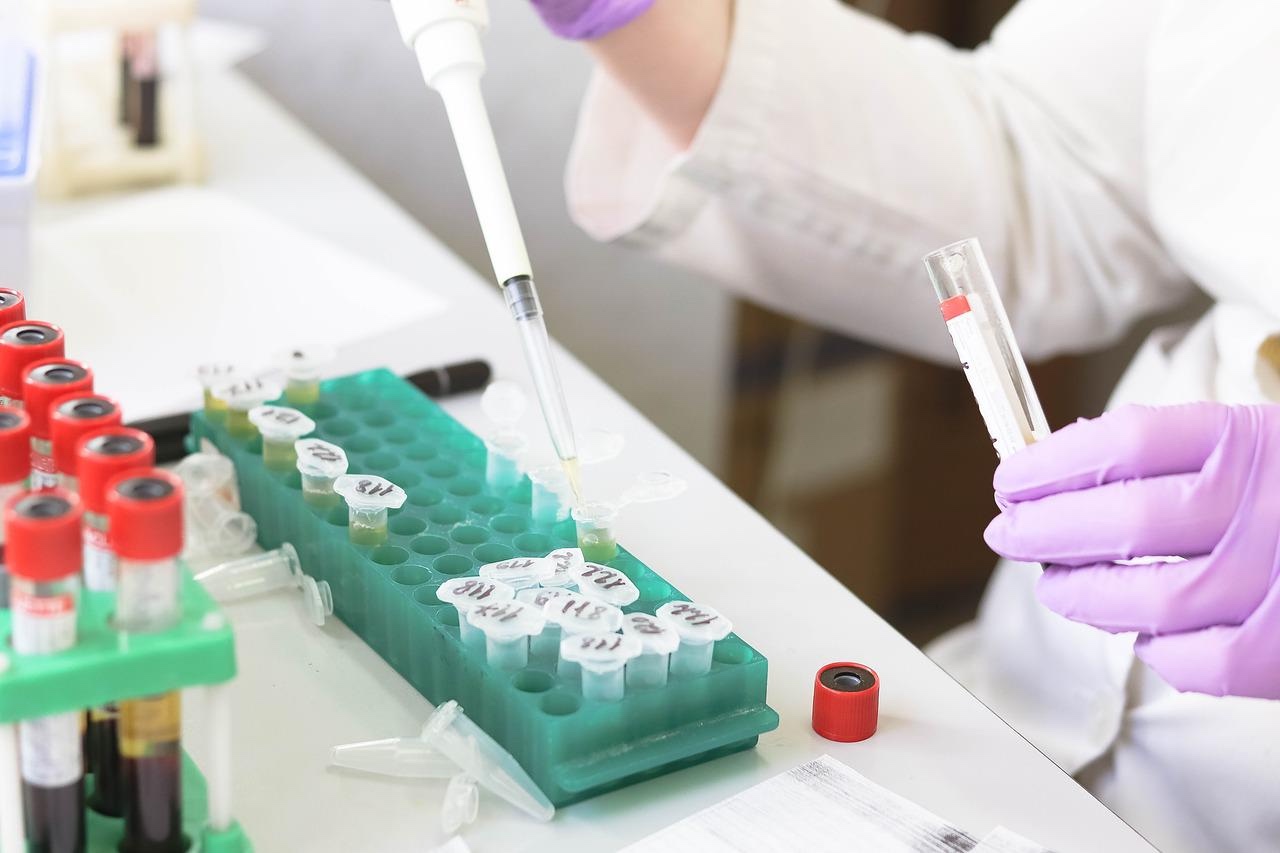The emergence of co-working laboratories in the past few years has helped pave the way for many biotech start-ups. Budding enterprises based in centres of innovation like Singapore can use co-working laboratories to carry out their research, which then eases the pressure of putting much of their capital into acquiring equipment and facilities. But what can a co-working laboratory offer for biotech start-ups that are focused on innovation? Here are some of the useful facilities and amenities that biotech companies can access by opting to use a co-working laboratory:
PCR Processing Equipment
The polymerase chain reaction has a wide variety of research applications, as it’s commonly used to examine variations in gene expression, to introduce desired mutations to a gene of interest, and to enrich template DNA for sequencing, among others. PCR-based technology is used every day in determining clinical diagnoses, advancing agricultural biotechnology, and even conducting forensic investigations. To cater to start-ups that are focused on these fields, co-working laboratories are equipped with qRT-PCR, PCR workstations, and thermocyclers, among other equipment.
Biocontainment Equipment
Exploring the possibilities offered by different organisms and substances comes with its own set of risks, including potentially exposing laboratory workers to pathogens and accidentally releasing these organisms to the environment. The use of biocontainment measures mitigates these risks. A biosafety level 2 facility or a laboratory that works with pathogenic or infectious organisms should provide its users with a specific set of safety equipment. Biosafety cabinets serve as a primary measure of containing infectious agents or toxins, and preventing them from causing harm to people and the environment. Alongside these, researchers might use something like these explosion-proof cabinets to work with and store volatile materials more safely, this can allow potentially explosive samples to be worked on without fear of damage to lab staff or other areas of the lab which must remain sanitised and sealed. Aside from these safety units, a co-working laboratory should also have appropriate personal protective equipment, an autoclave, and a sink and eyewash station.
Biological Sample Analysers
There are many benefits to using a co-working laboratory. For example, you’ll find many of them are using technology in order to help with the daily processing of patient data and records, by simplifying the process. Some of the more useful facilities and amenities that biotech companies can access by opting to use a co-working laboratory is a bespoke lab information software system that can really boost productivity, and help speed up processes by revolutionizing the healthcare industry with innovative laboratory management. Overall, using a co-working laboratory can provide access to equipment, and infrastructure and save money. Listed below are some more of the useful facilities and amenities that biotech companies can access by opting to use a co-working laboratory:
Pure Water Systems
Water has 4 levels of purity, and it’s important to use the right one in the laboratory. Type I or ultrapure water is used in analytical labs for applications such as cell and tissue culturing, while Type II is sometimes used for sample dilution and media preparation. Types III and IV, on the other hand, are less pure than the first 2 and are often used at the starting point of many laboratory applications. They are also used as a feed water source to produce purer water types. A co-working biotech laboratory should have a system for producing Type I and Type II water, as most of the processes conducted in such environments require high levels of purity.
Cold Storage and Cryosystem
Another type of facility that co-working laboratories can provide to biotech start-ups are cold rooms, fridges, and freezers. While there are substances and processes that can be stored and conducted at room temperature, there are also those that require an environment with consistently low temperatures. Biological reagents and buffers, such as enzymes and blood samples, must be stored in refrigerators to retain their integrity, but there are also biological agents that lose their stability unless they are kept in standard freezers in preparation for an upcoming experiment. However, a laboratory that is equipped with liquid nitrogen storage is capable of keeping biological samples for long term, sometimes indefinitely. A liquid nitrogen storage unit can snap-freeze samples and specimens, which then suspend their activity and prevent their degradation.
Vacuum System
A laboratory with a vacuum system in place is capable of generating, maintaining, and manipulating pressure. This capability is then used to conduct a wide range of tasks, such as aspirating, filtering, and controlling the level of evaporation of a solvent. Vacuum-equipped laboratories can safely move dangerous materials such as fumes, spills, and drain blockages so that they can be disposed of without causing harm to people or damage to property or the environment. At the same time, a vacuum system can also play a role in improving the sensitivity level of instruments by removing impurities in the air, such as when it’s used in a mass spectrometre.
These are just some of the equipment and facilities that biotechnology start-ups need to look for in a laboratory that they are hoping would be able to help their research and development processes. If they are able to partner with such an establishment, they can reduce the costs of conducting their experiments and instead allocate their resources to the people and processes that can directly help them achieve their scientific and business goals.








